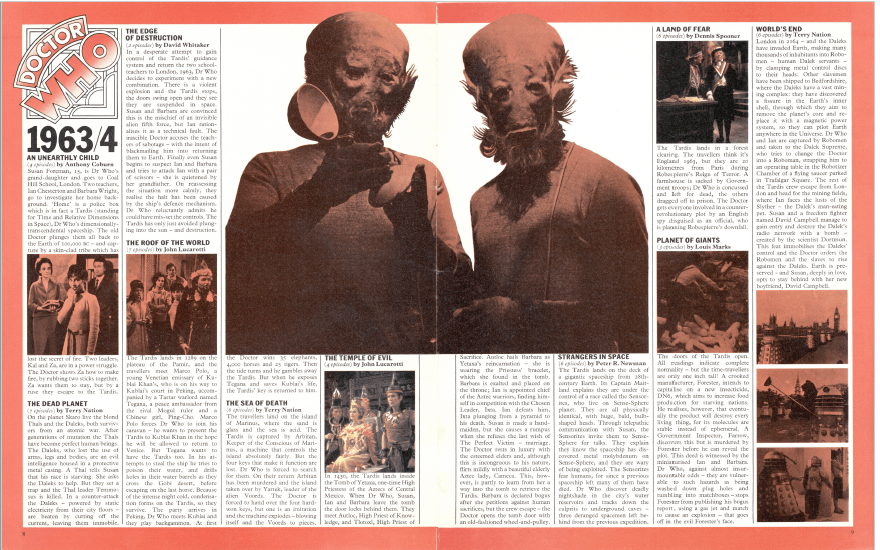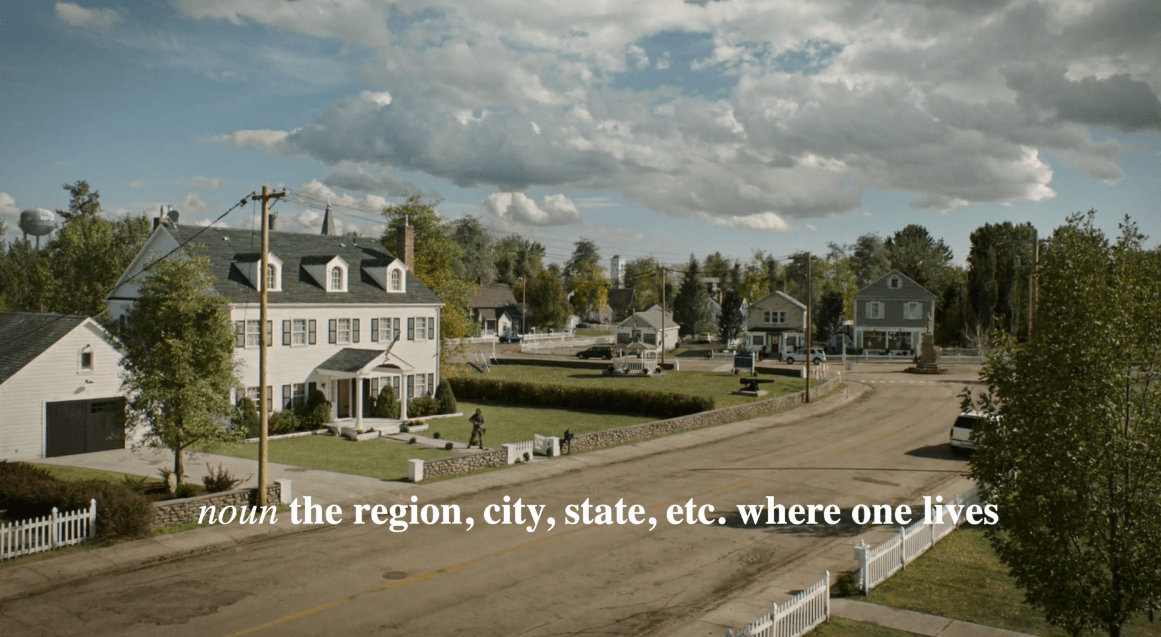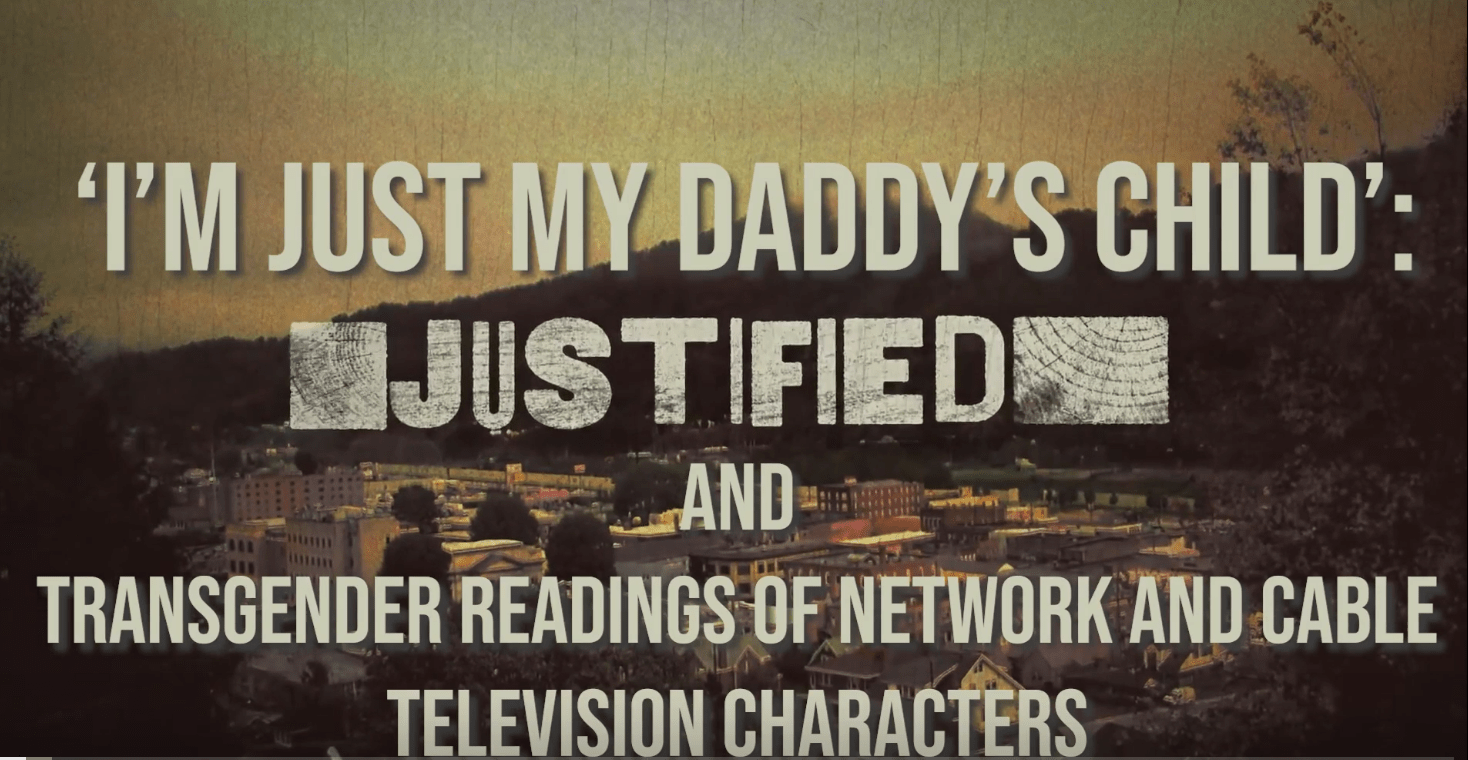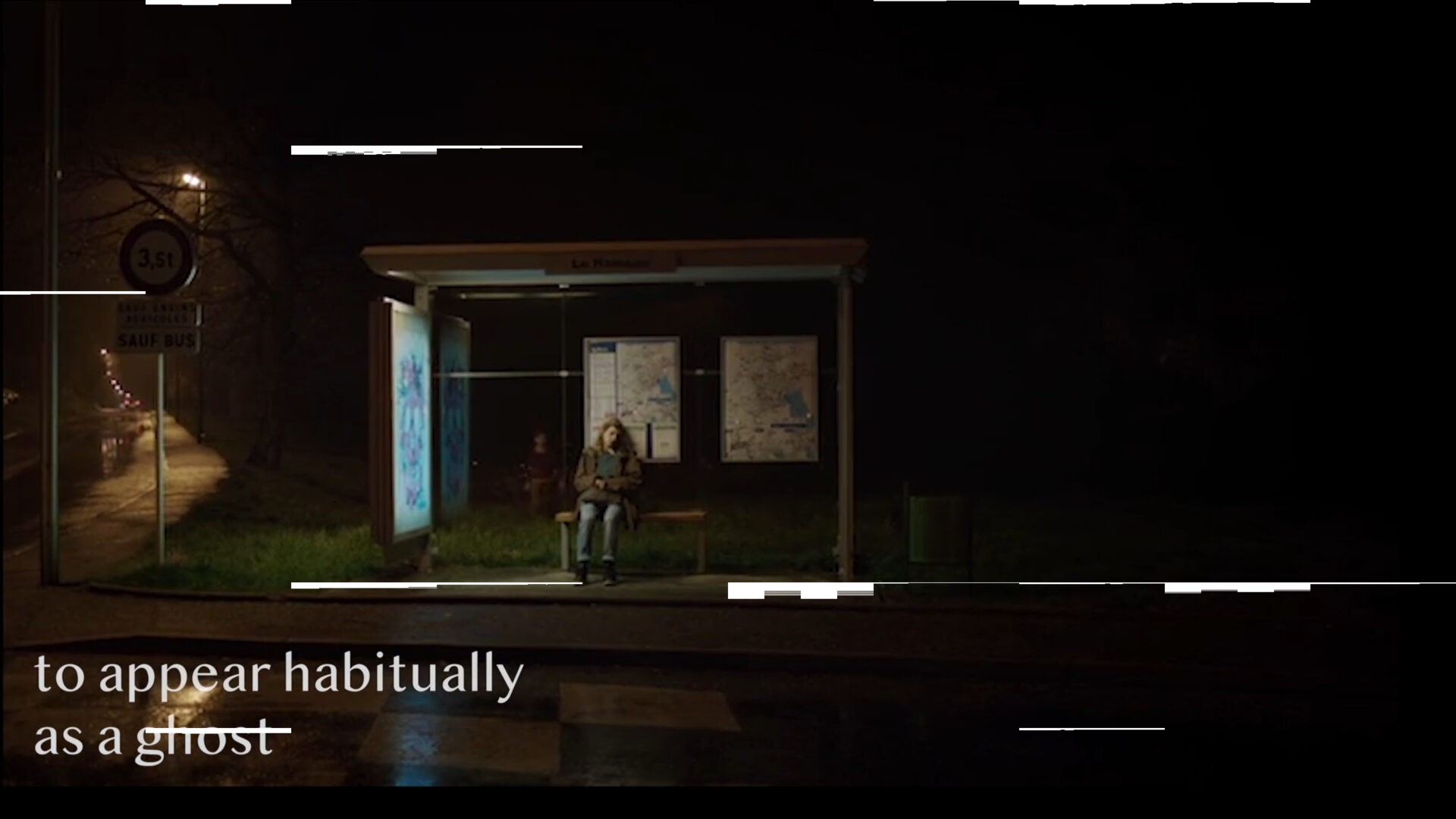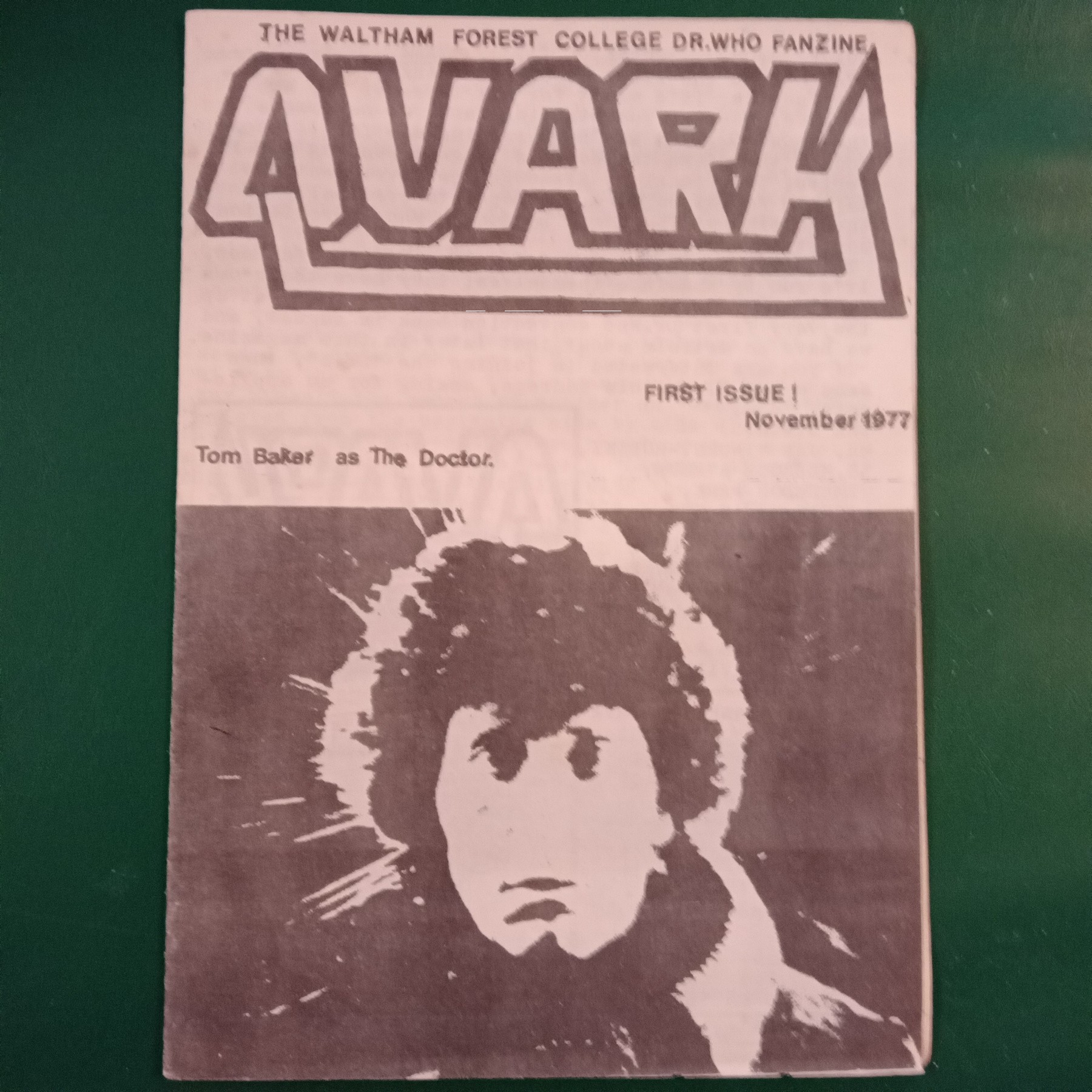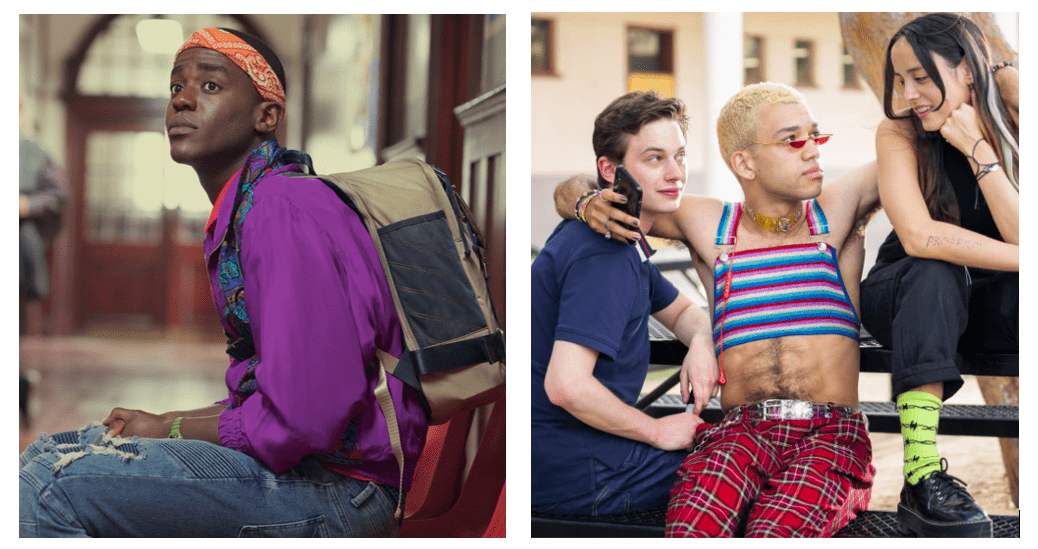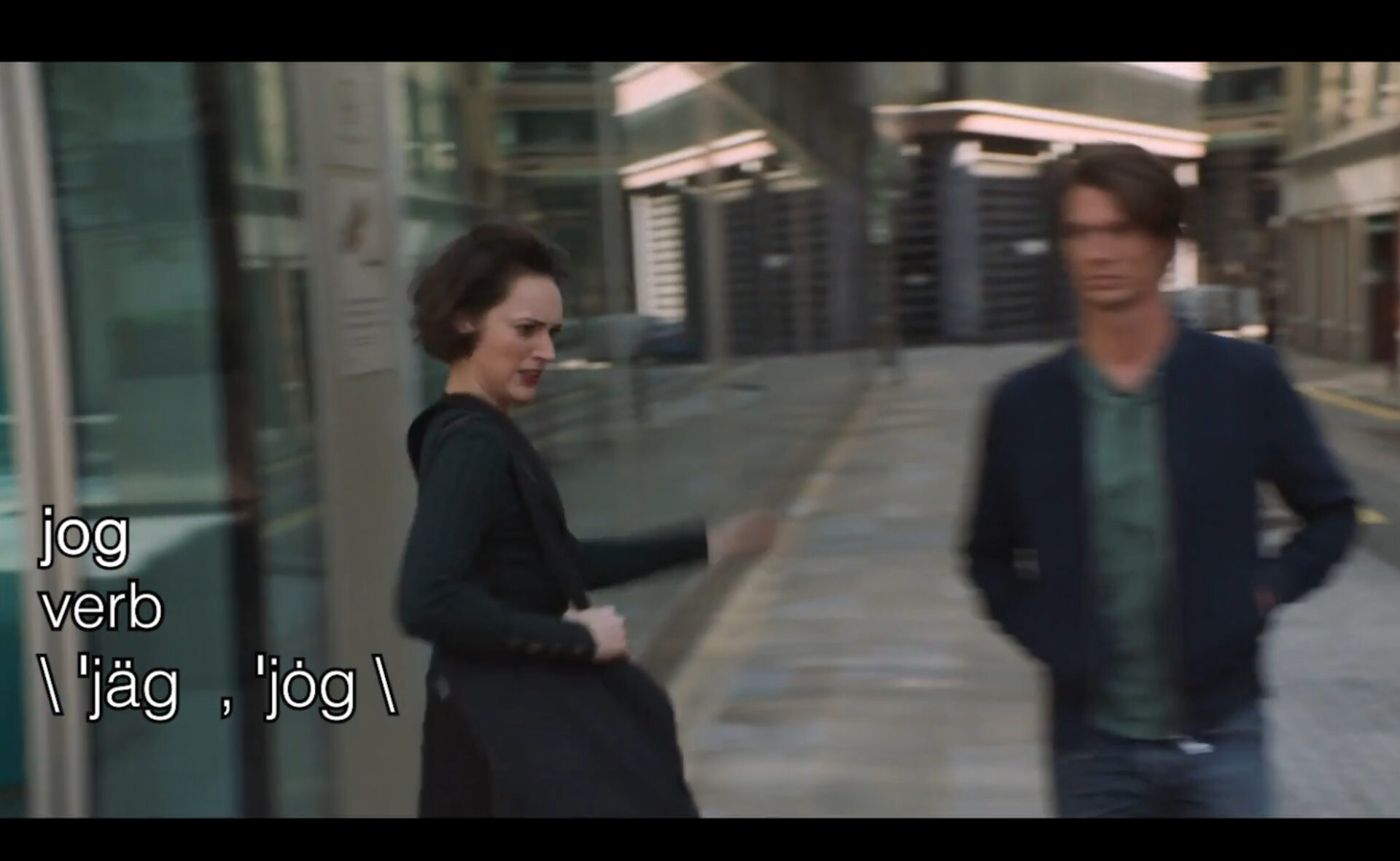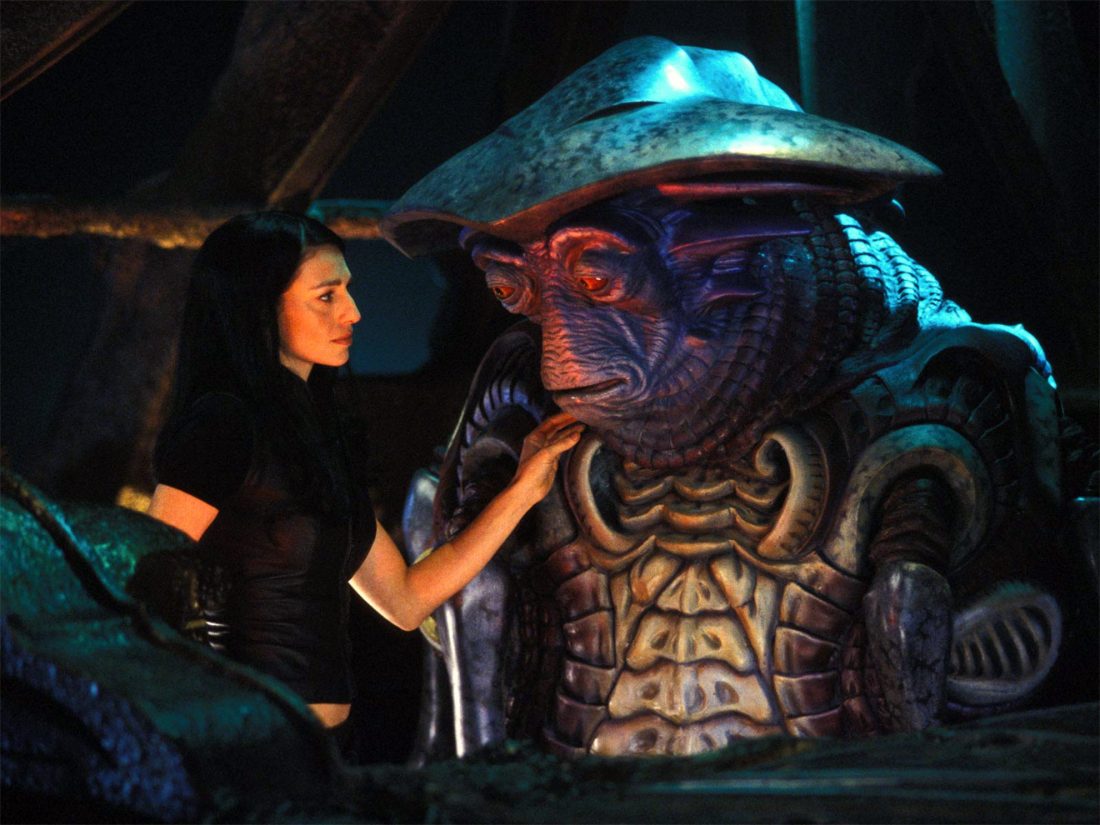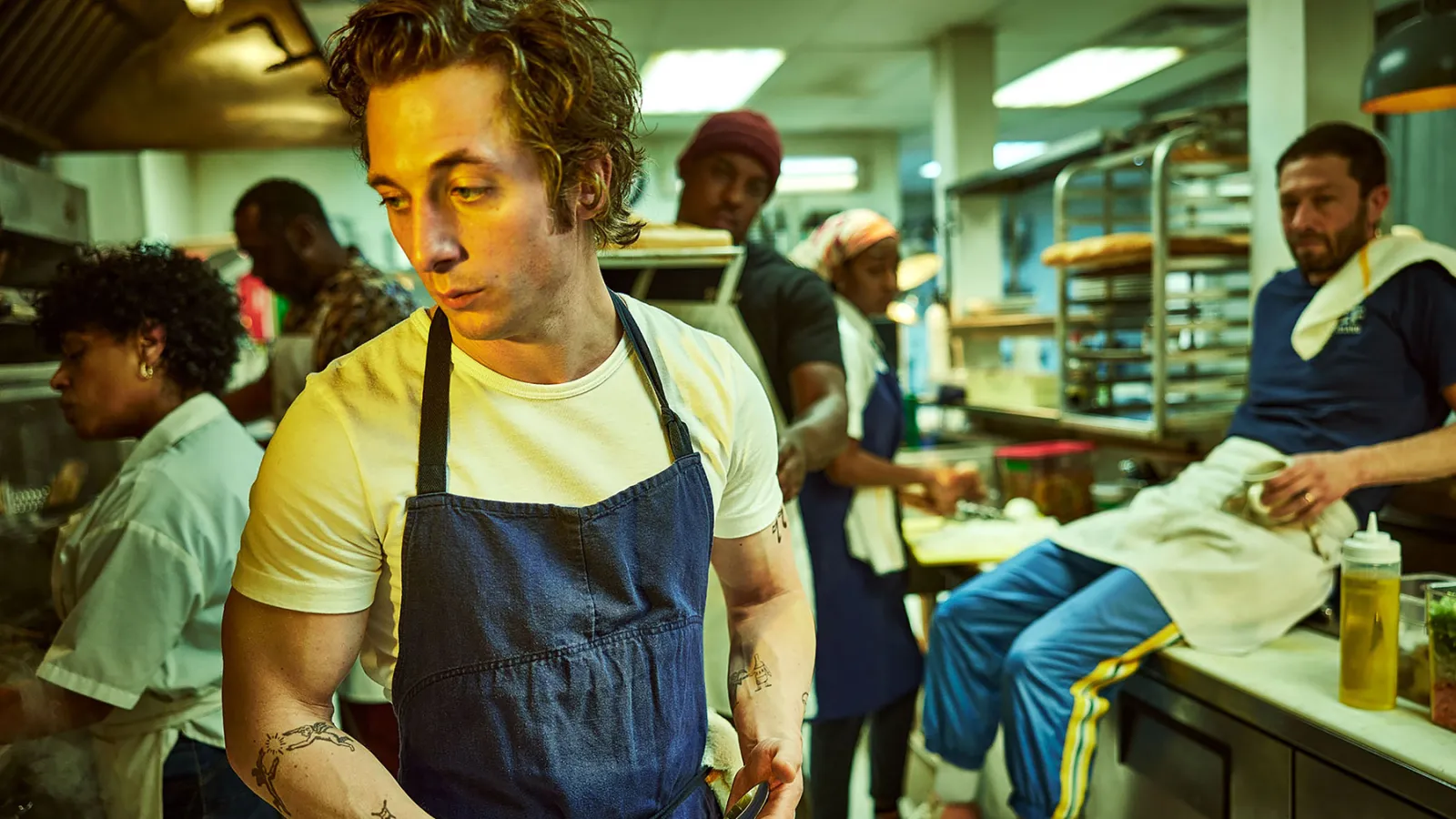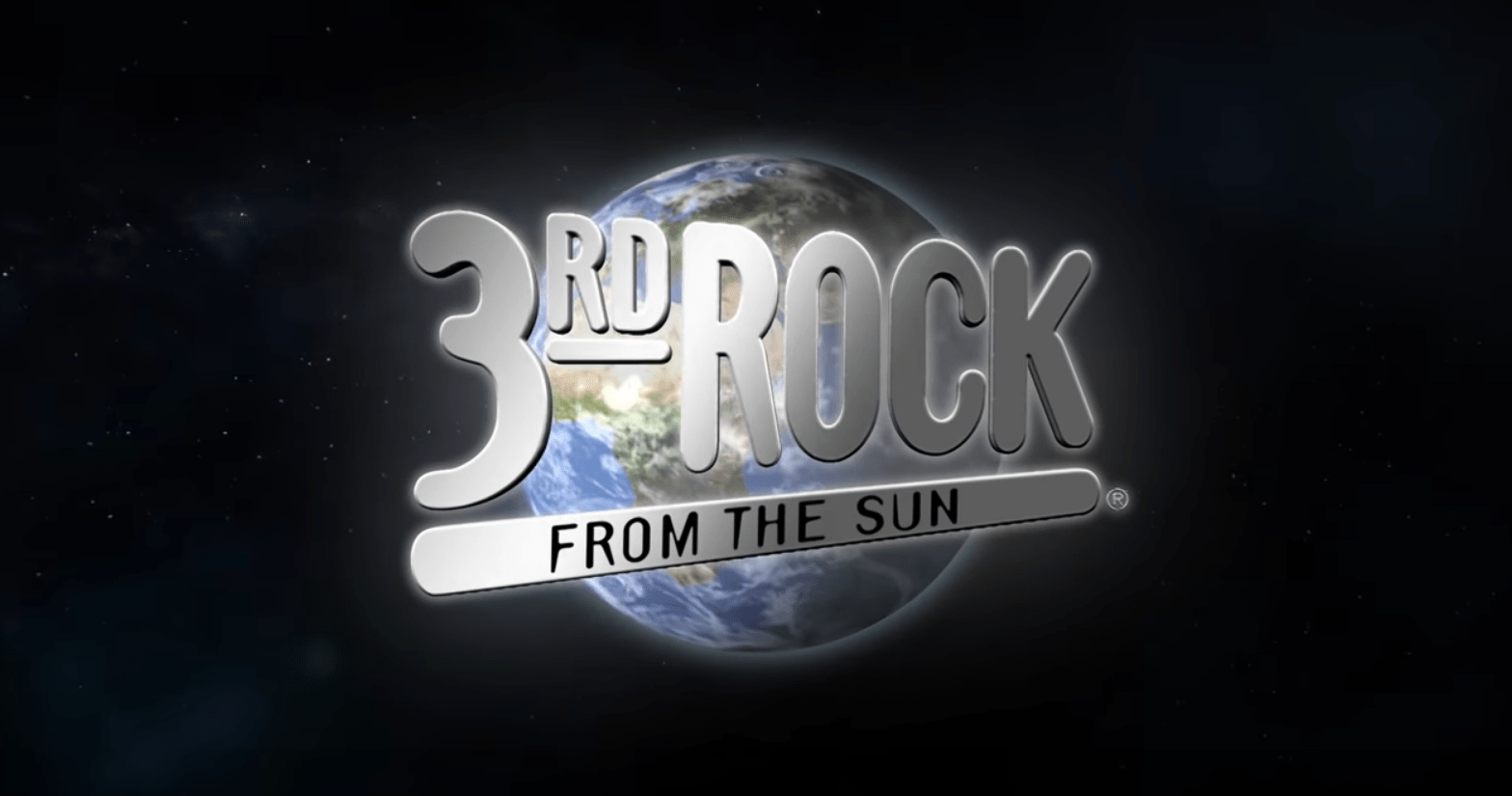
The trope of aliens visiting Earth has been a science fiction staple since long before the Lumière Brothers first recorded and (re)played a train coming into a station. Aliens coming in peace and trying to hide in plain sight in contemporary (ish) society is slightly newer and can be used to great comedic effect.

